All energy resources
Report
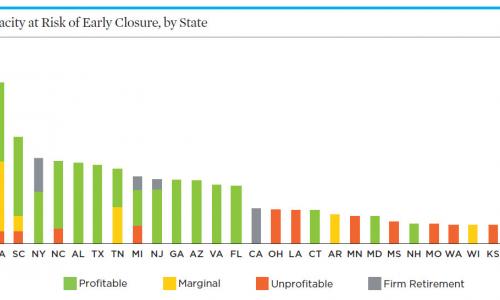
The Nuclear Power Dilemma
More than one-third of US nuclear plants are unprofitable or scheduled to close. If they’re replaced by natural gas, emissions will rise—with serious consequences for the climate.
Feature
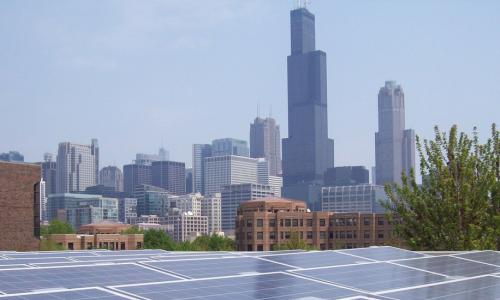
Soot to Solar
Communities across Illinois are transitioning away from coal. These are their stories.
Podcast
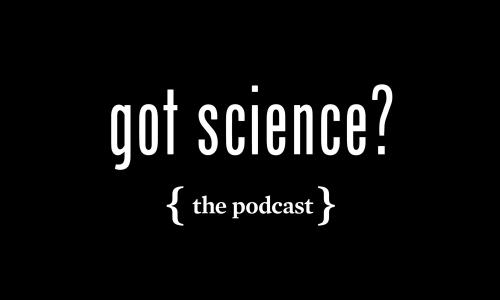
Offshore Wind Turbines: An Ocean of Clean Energy Opportunity
A discussion about offshore wind, its clean energy benefits and why offshore wind is more feasible than ever before.
Feature

Future of Nuclear Power
Many of the country's reactors are in trouble. What happens if they close?
Video
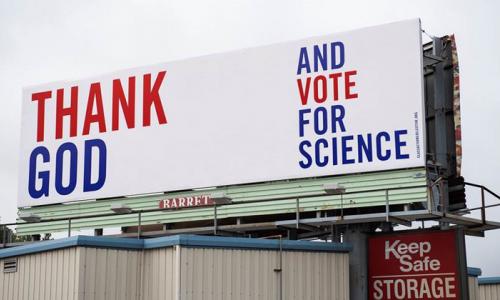
Science Billboards Rise on I-95
Their stark simplicity jars drivers into considering the meaning of their words.
Podcast
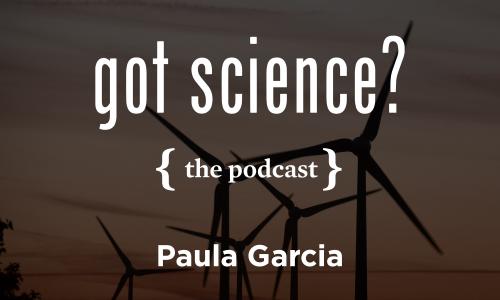
Getting Excited About Energy: Expanding Renewables in the US
Energy expert Paula Garcia talks about the growth of renewable energy across the globe and in the United States.
Report
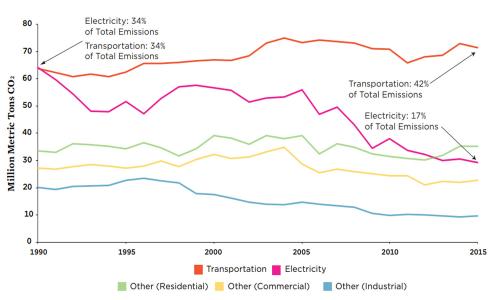
Why New York State Needs a Clean Transportation System
A cap-and-trade program for New York state can reduce emissions from transportation, boost revenue and ensure transit is reliable.
Report
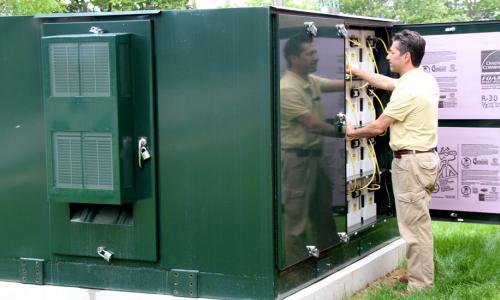
Federal Support for Electricity Storage Solutions
The United States is losing its leadership role on the issue, as other countries—namely, China—corner the market on key components.
Report

Turning Down the Gas in California
California does not need to build any additional gas plants to meet projected 2030 energy or reliability needs.
Explainer

Global Warming in the Western United States
Learn how global warming is affecting California and the western states, and the solutions states are taking to address the growing risks of climate change. An overview from the Union of Concerned Scientists
Report
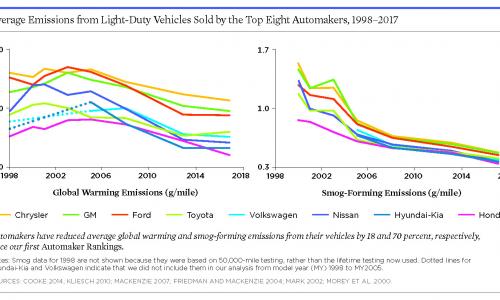
Automaker Rankings 2018
Automakers are making the cleanest cars on record, yet they have slowed the rate of reduction of global warming emissions despite having the technology to go much further.
Podcast

Nuclear Power Reactors: Is Smaller Better?
Dr. Edwin Lyman, internationally recognized expert on nuclear proliferation, walks us through nuclear power, its associated risks, and small modular reactors.